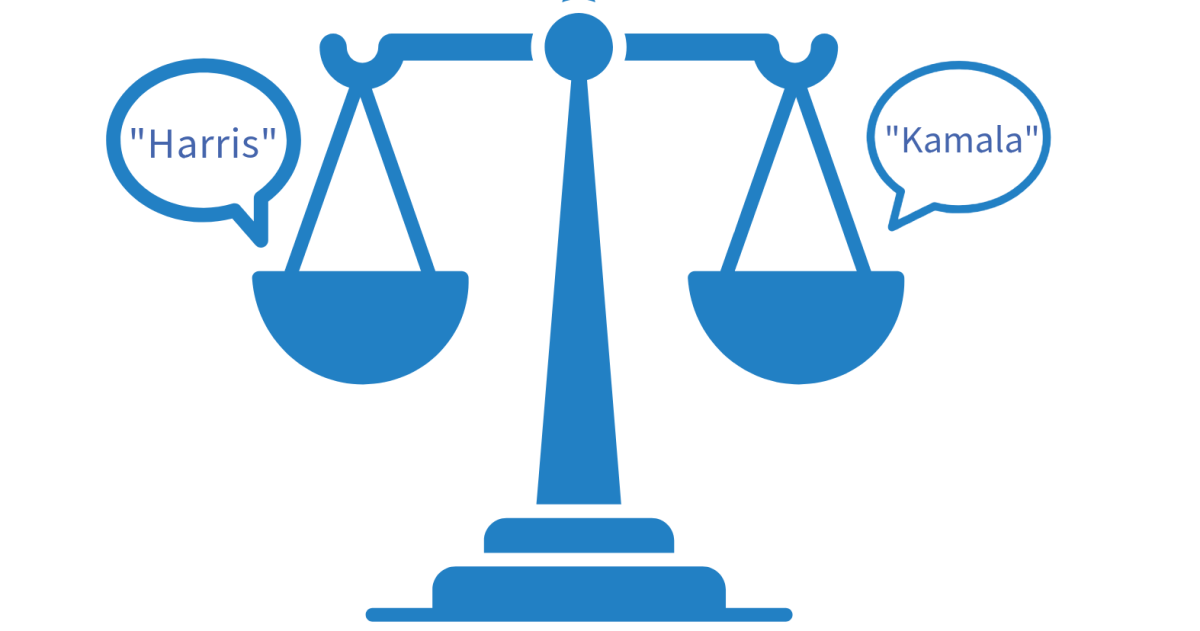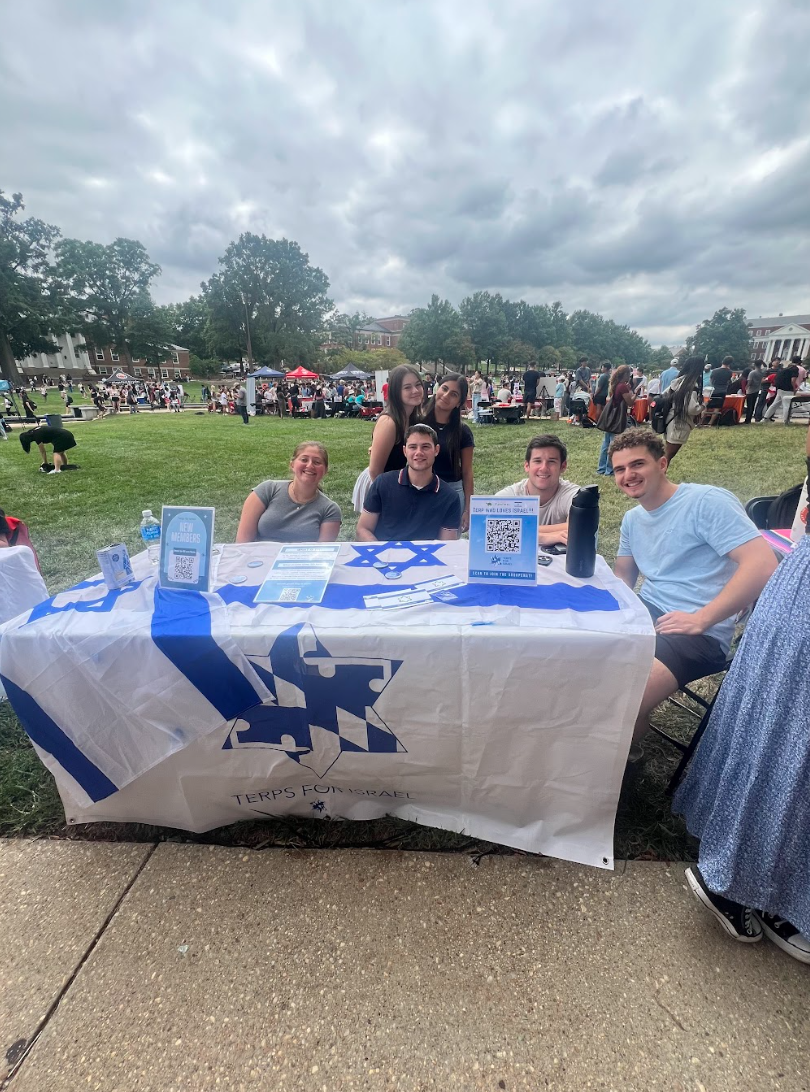When I was in eighth grade, my classmate mentioned that he was on medication to help him focus in class. Another classmate responded, “Doesn’t that mean you’re crazy?”
This comment proved to me that many people lack knowledge and are influenced by misconceptions surrounding psychiatric medication for teens. These misconceptions could include the belief that needing medication is a sign of weakness, that it will change who you are, or that the medications are unsafe, even when used properly.
According to Minded, 66% of people say that stigma, misinformation or fear prevented them from trying medication sooner. Additionally, a survey conducted by The Harris Poll found that 82% of teens want people to talk more openly about mental health.
Many medications can greatly impact teens’ lives and well-being for the better. Over 80% of people say that medication has been effective in improving their mental health condition. Attention-deficit/hyperactivity disorder (ADHD), anxiety disorders and depression are reasons I’ve commonly heard in high school for being on meds. Medications can increase serotonin in the brain, improve brain chemical function and reduce panic attacks.
When you learn about combating mental health issues in school, solutions are listed such as breathing exercises, spending time outside and listening to music. Although these things can be helpful, for many, a more clinical approach is needed.
Medication is not listed, I believe, due to the fear of prescription drug abuse in teens, and the fear of sending the wrong message: that medication is a “coping mechanism” abused by teens, rather than a medical solution.
These worries stem from the reality of rising prescription drug abuse by teens in the U.S. One in four teenagers believe that prescription ADHD drugs can be used as a study aid, even if they don’t have ADHD, according to the Substance Abuse and Mental Health Services Administration (SAMSA). This false belief is due to a misunderstanding of prescription drugs and their purpose, both by the teens themselves, and others. Fear of the unknown and not fully understanding prescription medication can culture fear.
A big part of the solution to this issue is educating people on the topic. Many people believe the stigma due to a lack of knowledge. Simply informing people on the subject can help correct misconceptions and introduce more positive connotations into the conversation. In CESJDS, this could be added to the rikuz class in the middle school and an advisory period in the high school.
JDS should teach that medication, when used properly and as instructed, can have beneficial impacts on people’s lives. Additionally, they should teach that medication is a valid option for those who are struggling and is not “giving up,” or something to be ashamed of.
Schools should be empathetic and supportive about mental health and medication, because, for many students, it improves the quality of life. Gaining knowledge and an understanding of this topic will help build a more accepting and empathetic community, both at JDS and beyond.






